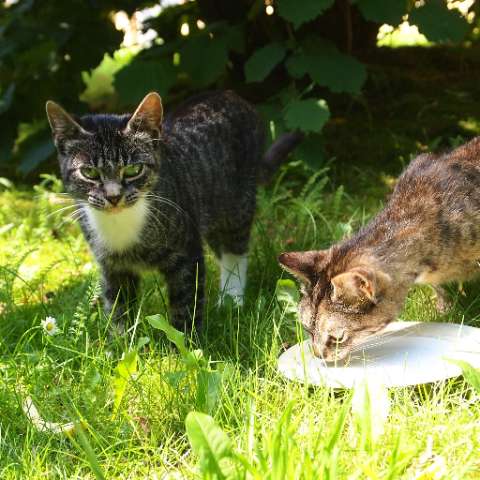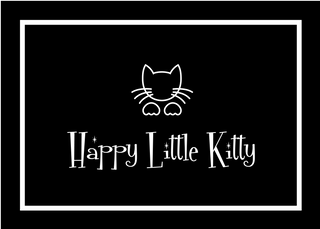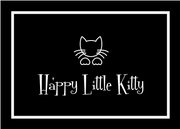Can Cats Drink Milk? The Answer Might Surprise You!
For generations, cats and milk have gone hand in hand. We all know the iconic scene of a tabby lapping up a bowl of milk in an alleyway. But can cats really drink milk without any harm to their health? Or is it all just a myth? Let's get to the bottom of this age-old question!

The Debate Over Dairy
It’s true that cats will often go wild for dairy products like milk or cream. But there are actually two camps when it comes to whether or not cats should consume dairy products. On one side, you have those who feel that cats should be given limited amounts of dairy in order to supplement their diet with calcium and other essential vitamins and minerals. On the other side, you have those who feel that cats should avoid dairy entirely due to the potential for digestive upset and allergies.
Why Dairy Is Not Necessary For Cats
Cats are obligate carnivores, meaning they require a diet consisting primarily of animal-based proteins like chicken, fish, or beef. Cats get most of their nutrition from meat sources and do not need any additional sources like dairy products. In fact, some experts argue that cats may actually be lactose intolerant as they lack the enzyme necessary to properly break down lactose—the sugar found in cow’s milk—in their bodies. This means that if your cat does consume dairy, they may experience digestive upset such as vomiting or diarrhea.
Allergy Risks With Dairy Products
In addition to digestive issues caused by lactose intolerance, some cats may also be allergic to common proteins found in cow’s milk such as casein and whey proteins. Allergens can cause inflammation in a cat’s body which can lead to skin conditions like itching or excessive shedding as well as upper respiratory infections such as sneezing and coughing. If your cat experiences any unusual symptoms after consuming dairy products, it’s important to contact your vet right away for diagnosis and treatment options.
All things considered, it is generally best for pet owners to avoid giving their cats any kind of dairy product unless specifically recommended by a veterinarian due to potential health risks associated with lactose intolerance and food allergies. That being said, if you do decide to provide your cat with small amounts of dairy on occasion —like a teaspoon of cream cheese or plain yogurt— make sure it’s in moderation so they receive no more than 10% of their daily caloric intake from these types of foods. And always keep an eye out for signs of food allergies or digestion problems after feeding them anything new! Keeping your furry friend healthy is paramount!
Can Cats Drink Milk?
Should Cats Drink Milk?
Is Milk A Healthy Cat Treat?


Leave a comment